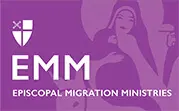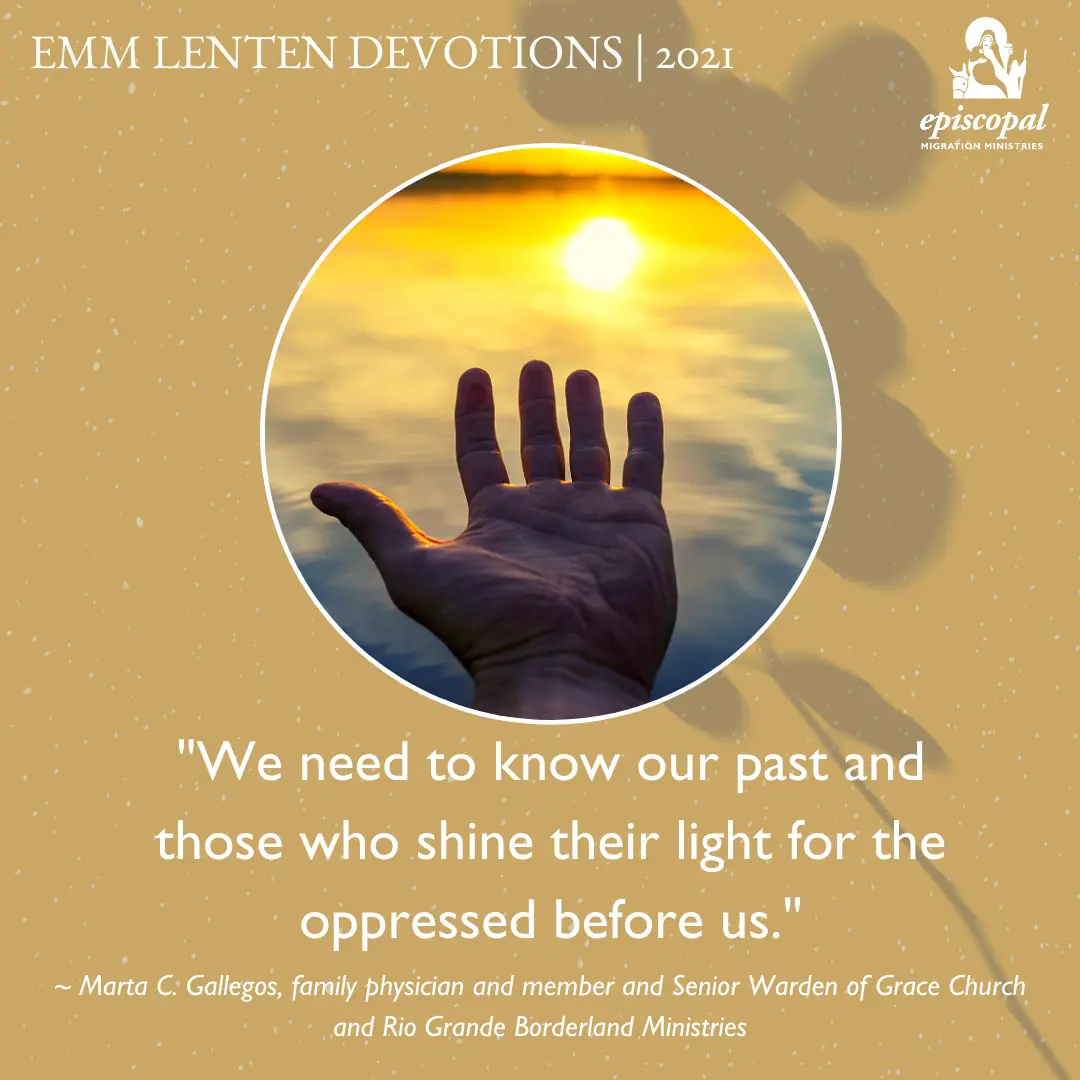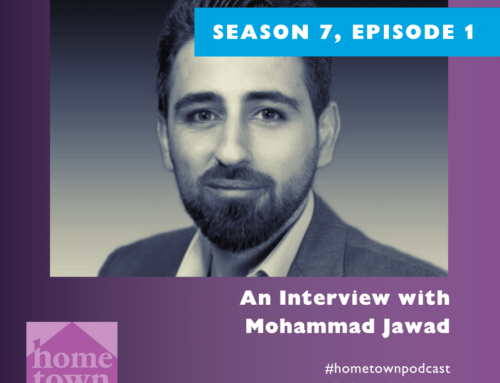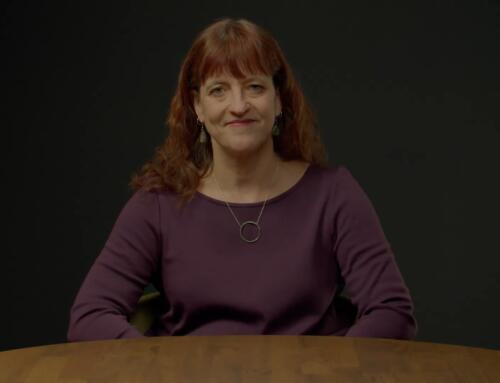Isaiah 58:10
then your light shall rise in the darkness…
Reflection by Dr. Marta Gallegos
First, I am very thankful for all the ministries around the world that are present to help the hungry, the oppressed, the children separated from their parents.
I am an emigrant from El Salvador that left San Salvador in the late 70’s due to the war and left for Guatemala to study medicine.
Studying medicine and serving the most needed in the mountains and the Peten jungle in Guatemala was one of the greatest awakenings at a very young age. I was full of pain and hope.
I lived through the times of repression of the native people and the persecution of priests and nuns that stood with the people and denounced poverty and injustice.
Archbishop Oscar Romero in March 1980 was assassinated giving mass at the Cathedral. Six Jesuit priests and two house staff members were assassinated at the Catholic University in 1989 at night and all because they spoke out against poverty and social injustice.
In Guatemala in 1981, 39 natives from El Quiche – peaceful protesters – were killed because of asking the military government to stop “terrorizing,” stop the murders, and disappearance of the native people.
We need to know our past and those who shine their light for the oppressed before us.
Isaiah 58: 6-12. These words call us to step up on a higher road and to see what is beyond our own personal lives. These words also give us the key actions to find the light within ourselves.
As we help others and offer them our love our light shines and we also help others to find their own light.
Questions for reflection:
- How do we continue shining the light?
- Where do we stand?
***
Dr. Marta Gallegos lives in Carlsbad, New Mexico, where she is a Family Physician. She is a member and the Senior Warden of Grace Church and Rio Grande Borderland Ministries.
Saint Oscar Romero
Oscar Romero was canonized as a saint by Pope Francis in October 2018; The Episcopal Church remembers Romero and the martyrs of El Salvador on March 24. In 2015, The Rev. Canon C.K. Robertson, Ph.D., canon to Presiding Bishop Michael Curry, offered this reflection on Romero’s path to sainthood:
“Romero himself often clarified that his focus was not a political, but rather a spiritual and prophetic one. In September 1978, when speaking of his work of consoling the victims of injustice and revealing the government-supported atrocities, he asserted that this was ‘not engaging in politics,’ but rather ‘building up the Church and carrying out the Church’s duty.’ And on the eve of his murder, in March 1980, he again noted that he had ‘no ambition for power, and so with complete freedom I tell the powerful what is good and what is bad, and I tell any political group what is good and what is bad.’ For Romero, to follow Christ meant standing with the poor and the repressed, even to the point of death.”





